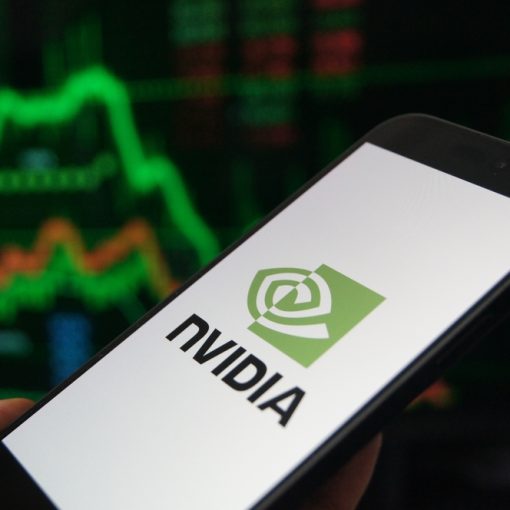Jeremy Schwartz, CFA, Executive Vice President, Global Head of Research
On last week’s “Behind the Markets” podcast, we had two interesting conversations on very timely and topical issues.
The first was with Professor Yanzhong Huang, a global health care expert and senior fellow at the Council on Foreign Relations.
The second was with Ken-Hou Lin, co-author of the new book Divested: Inequality in the Age of Finance.
While last year’s market-moving headlines surrounded China trade-related issues, the beginning of February has been dominated over the fallout from the coronavirus.
Professor Huang shared his perspective on China’s response thus far. One important factor he highlighted as China tries to get its people back to work and off their extended holiday (and quarantines) involves the shortage of face masks. China can produce about 20 million per day, which is half of the world’s capacity, but more than 1.8 billion per day are in demand. This mask issue will be one bottleneck for how quickly China gets fully back to work.
Finance as a Cause of Inequality?
Professor Lin’s book is a broad look at factors that he believes fostered the movement toward inequality we’ve faced over the last 30 to 40-years.
- Professor Lin discussed the rise in corporate profits for the Financials sector and how it used to average 15% but has grown to average 25%.
- The average Financials sector worker makes 40% more than the non-Financials sector worker.
The book makes some strong statements, such as:
“Finance is supposed to serve the economy by allocating capital to its most productive uses. It has morphed into a snake ruthlessly devouring its own tail.”
And:
“Instead of smoothing economic fluctuations and managing uncertainties, finance generates mistrust and intensifies precariousness among American families.”
We discussed on the podcast what might restore trust in finance, and Professor Lin settled on transparency.
WisdomTree agrees wholeheartedly, and one of reasons we’ve embraced the exchange-traded fund (ETF) structure is the transparency of fees and transparency of holdings the ETF requires. We think some of the nontransparent ETF discussions taking place today are a step backward in re-establishing trust.
Professor Lin’s book is a timely and important reflection of discussions happening in this year’s election with remnants of the Occupy Wall Street movement. All of us in finance must do better to restore the trust Professor Lin believes we lost.To listen to these conversations, please follow the links below:
This article first appeared on the WisdomTree blog on February 11.
Photo Credit: Kevin Gill via Flickr Creative Commons



